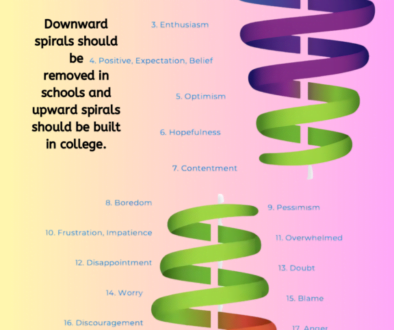Real issues with teenagers following routine
Kids’ days have plenty of routines. But for several, following a regular or customised schedule is very difficult. Staying on top of their schedule includes several skills– it’s more difficult than it appears.

There are lots of factors children don’t stick to day-to-day regimens and also routines. Frequently, straying away once-in-a-while is not an issue or a problem. Kids who often get sidetracked are the ones who are extremely busy, or simply don’t seem like doing it.
For some children, however, not adhering to routines is a regular trouble. They face problem with who they keep company with, monitoring time, and also listening are a couple of factors, kids struggle with routines. These skills are part of a bigger group of skills known as executive functioning.
Teenagers following routine must have some skills
Adhering to a routine needs many executive functioning abilities. Some youngsters have problem with several of these abilities. They may deal with:
- Monitoring time.
- Organization as well as preparation.
- Keeping in mind the actions.
- Stopping what they’re doing as well as switching equipments.
- Staying on task as well as not obtaining sidetracked.
- Focusing on regulations
Many kids have trouble with these skills, particularly children with ADHD. Some kids also require more time to absorb info and also act on it.
Teenagers following routine may have the following ailments
- Signs of ADHD.
- Slow-moving handling rate.
- Executive feature skills
Examples of difficulties that are faced by teenagers following routine
When children have problem adhering to a schedules, the result is usually easy to detect: Kids aren’t prepared promptly or they’ve missed out on key actions. In your home, kids might race out the door with unbrushed teeth. At institution, they may line up for completion of the day without their homework packed.
Watch on what occurs when kids miss one or several components of their day’s timetable . If you were to look very closely, you might discover various other behavior’s that lead up to it.
As an example, what occurs when it’s time for kids to unbox their backpack? Each and every one of the items out? If not, what are youngsters doing rather than unboxing? The importance is identifying what activity they are indulging in during the time when they are to supposed to be carrying out a specific task.
When it comes to the day-to-day schedule, exactly what do youngsters do rather than what’s arranged? Do they regularly forget about their homework, yet not basketball or sports or online gaming activity?
When kids really deal with fixed routines, it looks like a lot of specific timelines within a specific timetable is missing and they are not carrying out certain activities at all.
Parents as well as caretakers: If you begin to observe patterns related to your child’s problem with regimens and schedules, speak with counselor and try to identify novel ways to help them keep on track.
Educators & teachers: If children are having difficulty adhering to regimens or schedules, utilize this article for talking with parents concerning difficult topics.
Recognizing what’s triggering children to not comply with routines or timetables lets you recognize what might assist. This detection is highly thoughtful and subjective. So the first thing to do is keep observing. After that share your notes on what you’re seeing. Family members, teachers, and health care experts can work together to recognize what’s happening.
In the meantime, there are ways to assist in the house and at institution/school.
Parents and guardians: Try utilizing printable excel sheet (drafted by your counselor) to aid you as well as your kid stay on the exact same page when it pertains to household policies as well as schedules.
By


